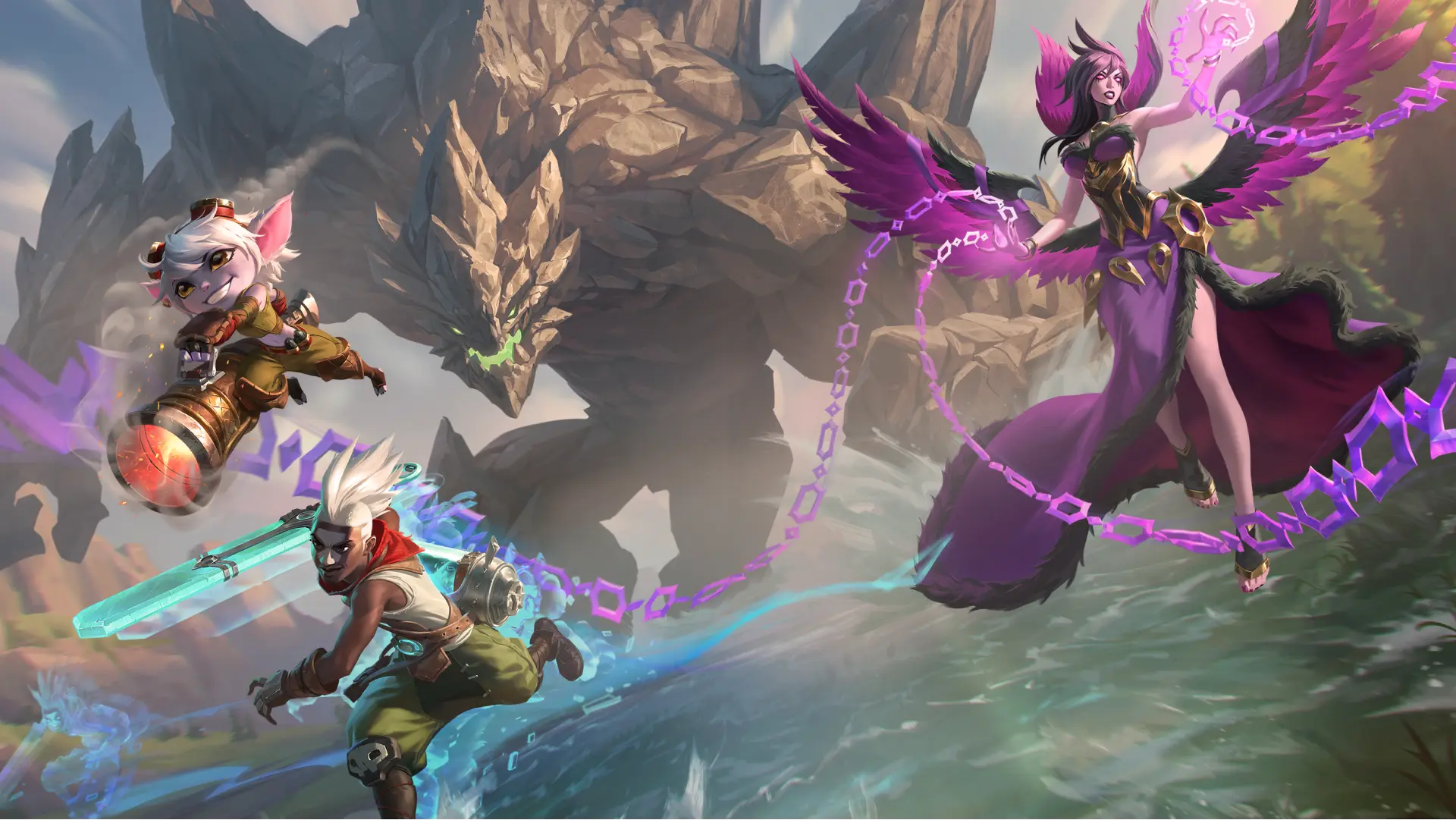The captivating world of Black Myth: Wukong dives deep into the rich tapestry of Chinese mythology. It draws inspiration from one of the most significant literary works in Chinese culture, "Journey to the West," which introduces readers to the legendary figure of Wukong. Wukong, often referred to as the Monkey King, embodies various themes, from rebellion to enlightenment. This article aims to explore the origins, characteristics, and cultural impact of Wukong.
Origins of Wukong in Chinese Mythology
The tale of Wukong begins with his birth from a magical stone on the Mountain of Flowers and Fruit. This stone, filled with the essence of heaven and earth, bestowed upon him extraordinary powers. Wukong possesses superhuman strength, the ability to transform, and a unique power to travel on clouds. His journey from a simple monkey to a feared warrior underlines Black Myth: Wukong as a story of growth and self-discovery.
The Journey to Becoming a Hero
Initially, Wukong sought immortality and continued to hone his skills through rigorous training and study. He becomes a disciple of the Taoist monk, Subodhi, who teaches him the magical arts and the secrets of heaven and earth. Through perseverance, Wukong learns to manipulate ki energy, enhance his physical abilities, and even perform spells. These lessons are integral to his development and transformation into the Monkey King.
Key Themes in the Wukong Narrative
The Black Myth: Wukong story intertwines several prominent themes, which contribute to its enduring popularity:
- Rebellion: Wukong's defiance against heavenly rules and orders showcases a spirit of rebellion that resonates with audiences.
- Identity: Wukong's quest for self-understanding mirrors the universal journey of finding one's place in the world.
- Friendship: The bonds he forms with fellow travelers, especially the monk Xuanzang, reflect the importance of camaraderie.
- Redemption: Wukong's eventual journey towards enlightenment serves as a lesson in humility and personal growth.
Cultural Impact of Wukong
The legend of Wukong transcends literature, influencing various art forms, including theater, cinema, and even modern video games. His character has inspired numerous adaptations, making appearances in animations, films, and games worldwide.
One notable contemporary interpretation is in the video game Black Myth: Wukong, which revives the Monkey King's story through immersive graphics and dynamic gameplay. This adaptation not only introduces Wukong to a new audience but also reinforces the cultural significance of the original narrative.
Contemporary Interpretations of Wukong
The story of Wukong continues to evolve. Modern adaptations often reinterpret his character, presenting new narratives that maintain the essence of his myth while appealing to contemporary audiences. This adaptability demonstrates the timeless relevance of Wukong in the digital age.
Educational Importance
Studying Black Myth: Wukong provides insight into Chinese mythology and helps understand its philosophies. Includes valuable lessons about power, responsibility, and the human experience. Many educators use Wukong's narrative as a tool to engage students in discussions about folklore, moral lessons, and cultural history.
Conclusion
In conclusion, Black Myth: Wukong is more than just a tale of a mystical monkey; it is a profound narrative that interrogates deep-seated cultural values and human experiences. Through its exploration of Chinese mythology, Wukong has solidified his role as a symbol of resilience and transformation. His story encourages readers to embrace their own journey, recognize the importance of identity, and cherish friendships, making it a timeless piece of literature that continues to inspire.
Further Reading and Resources
For those interested in exploring more about Wukong and Chinese mythology, consider checking the following resources:




.webp)

